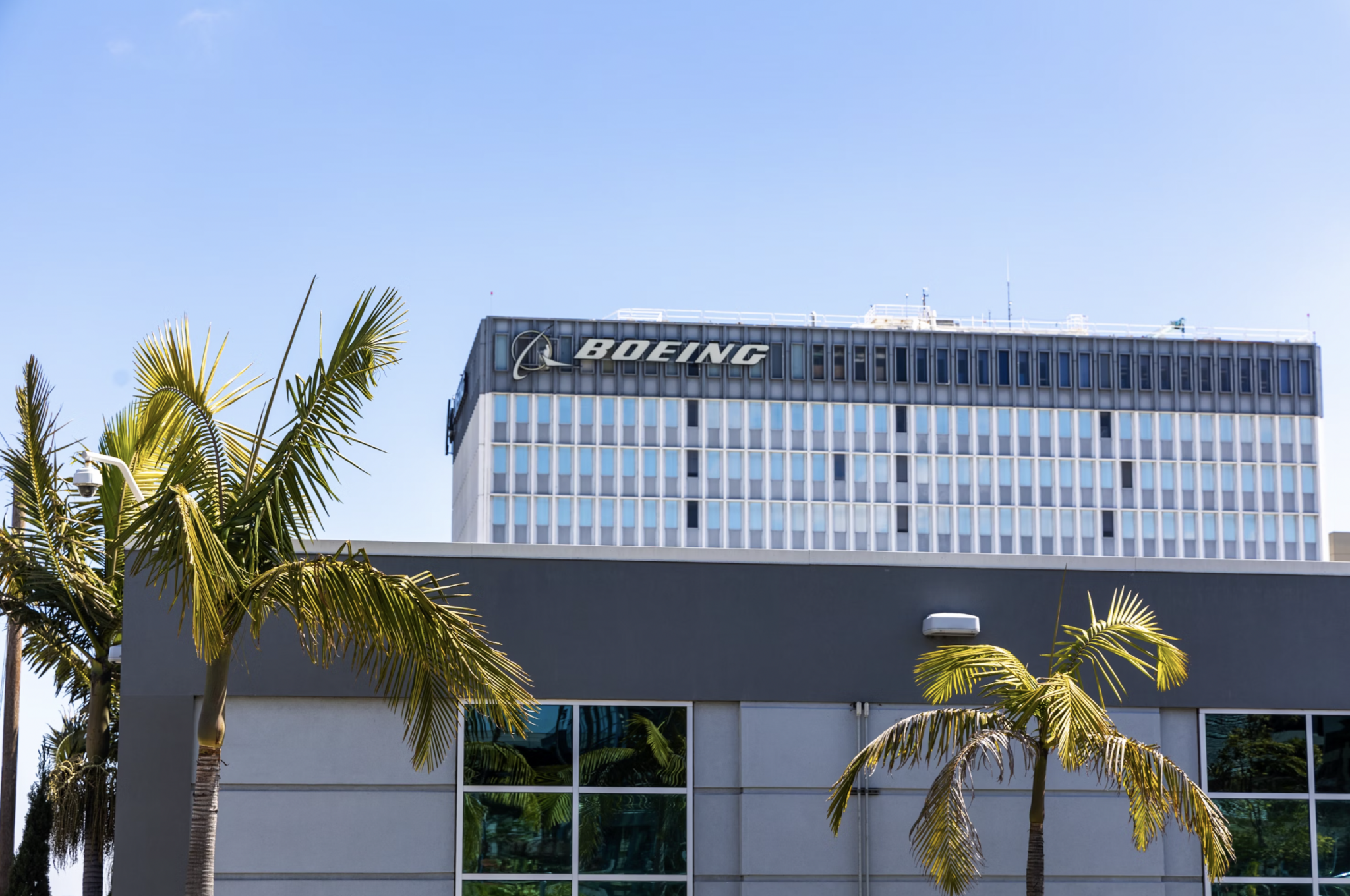
John Fry is a student at Harvard Law School.
In today’s news and commentary, meatpacking giants settle wage-fixing suit; momentum grows for Boeing strike; and UAW staffers fight for a union contract.
A trio of meatpacking companies has agreed to settle a wage-fixing case for $57 million. Cargill, Hormel Foods, and National Beef were accused in a class-action lawsuit of conspiring to suppress workers’ wages using no-poach agreements and other methods. Several other meat companies have already settled in the same case, and the combined total of settlements to date exceeds $200 million. Relatedly, the Department of Justice has accused Agri Stats, a data company, of enabling a vast price-fixing scheme in the meat industry by disseminating industry-wide reports which the government claims meat companies have used to fix prices at an artificially high, anticompetitive level.
A strike may be impending at Boeing, as the company’s Seattle-area workers react negatively to a tentative agreement that their union reached with the company. While the agreement would provide the workers with a 25% pay raise over four years (a similar increase to what the United Auto Workers won from Detroit’s Big Three automakers last year), the agreement also eliminates a performance bonus for workers and does not restore pensions, which the union lost in its controversial 2014 contract with Boeing. The president of the Machinists local which represents the workers pointed to Boeing’s commitment to build its next line of planes in the Seattle area, an important commitment given the company’s controversial pivot in 2020 to assembling some planes in South Carolina, a move that some regarded as a union avoidance tactic. However, the rank-and-file appears largely unswayed, with some workers chanting “strike” during their lunch break and others preparing supplies for a picket line.
Lastly, UAW staffers who are organizing their own union have accused UAW of retaliating against them and denying them the same protections that UAW seeks for its own members. UAW Staff United has filed various unfair labor practice charges against the union, alleging that one organizer was wrongly terminated and that the union has engaged in bad-faith bargaining. Organizers argue that their own lack of job security undermines their ability to run organizing campaigns and bring more workers into UAW’s membership. For its part, UAW has denied the union’s claims and stated that it bargains in good faith with all unions representing UAW staff.






Daily News & Commentary
Start your day with our roundup of the latest labor developments. See all
February 27
The Ninth Circuit allows Trump to dismantle certain government unions based on national security concerns; and the DOL set to focus enforcement on firms with “outsized market power.”
February 26
Workplace AI regulations proposed in Michigan; en banc D.C. Circuit hears oral argument in CFPB case; white police officers sue Philadelphia over DEI policy.
February 25
OSHA workplace inspections significantly drop in 2025; the Court denies a petition for certiorari to review a Minnesota law banning mandatory anti-union meetings at work; and the Court declines two petitions to determine whether Air Force service members should receive backpay as a result of religious challenges to the now-revoked COVID-19 vaccine mandate.
February 24
In today’s news and commentary, the NLRB uses the Obama-era Browning-Ferris standard, a fired National Park ranger sues the Department of Interior and the National Park Service, the NLRB closes out Amazon’s labor dispute on Staten Island, and OIRA signals changes to the Biden-era independent contractor rule. The NLRB ruled that Browning-Ferris Industries jointly employed […]
February 23
In today’s news and commentary, the Trump administration proposes a rule limiting employment authorization for asylum seekers and Matt Bruenig introduces a new LLM tool analyzing employer rules under Stericycle. Law360 reports that the Trump administration proposed a rule on Friday that would change the employment authorization process for asylum seekers. Under the proposed rule, […]
February 22
A petition for certiorari in Bivens v. Zep, New York nurses end their historic six-week-strike, and Professor Block argues for just cause protections in New York City.